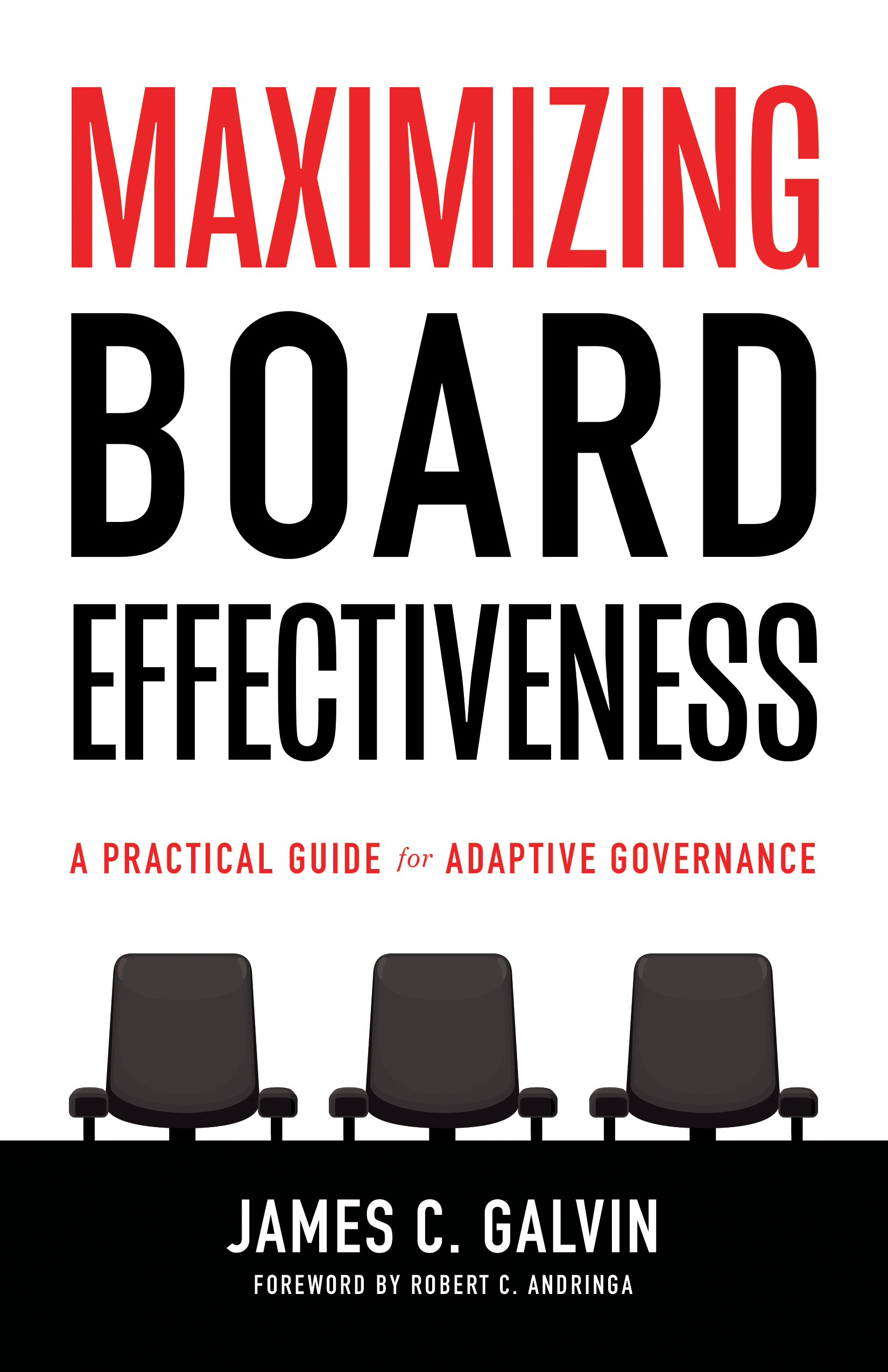Problem: Board is neglecting succession planning
9.09.2025
One of the board’s primary responsibilities is ensuring leadership continuity. When the time comes for a retirement or leadership transition for another reason, the board should have in place processes for replacing the organizational leader. But too many boards don’t want to ask an older leader about retirement. Too many boards assume the next organizational leader will be easy to find. No matter how far away retirement might be, every board should ask its organizational leader for a “window” for retirement. Assuming they want to stay with the organization over the long haul, what would be the earliest date and the latest date for retirement? Younger leaders may find this to be a difficult question to answer, but a skillful board can help them determine some parameters. Then a board needs to decide if the organization has any potential, internal candidates to replace the organizational leader. If so, they should ensure these employees have individual development plans to fill in any skill gaps that may exist. For example, an organizational leader may have no fundraising experience. A development officer may have no direct field experience. Neither may have had no formal leadership training. Building a pipeline for succession is clearly board work.


